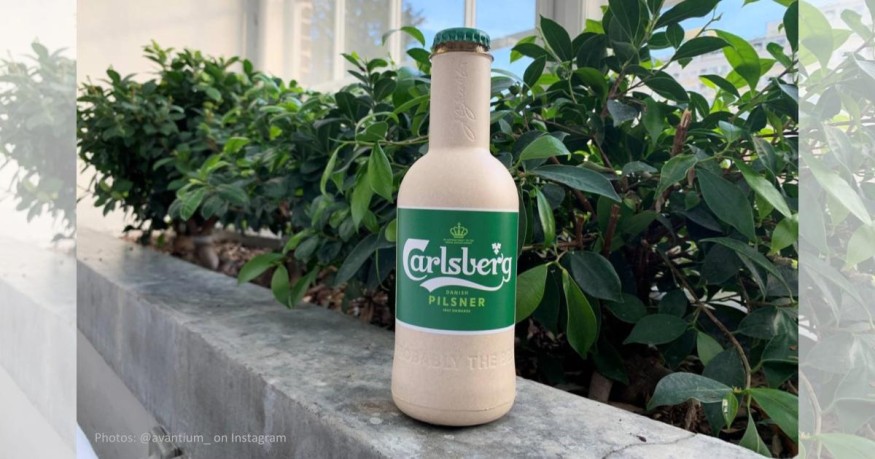
Good news! We may soon see soft drinks and beer being sold in plant-based bottles. Coca-Cola and Carlsberg are teaming up to support a pioneering project that is set to produce 'all-plant' bottles for drinks.
This project is aiming to create "plastic" from crops that are sustainably grown, with the two beverage companies partnering with it. A Netherlands biochemicals manufacturing company is hoping to kick start sufficient investment for its pioneering project.
Avantium is a world-renowned Dutch renewable chemicals and bioplastics company. It devised the project, which has already gained support from Carlsberg, a manufacturer of beer who also supports other green initiatives. The beer company is hoping to sell its products using cardboard bottles that are lined inside them with a plant 'plastic' layer.
Tom van Aken, chief executive of Avantium, says that he is hoping to approve this large investment project by the close of 2020. The project remains within the original projected timeline and schedule, despite the COVID-19 pandemic and lockdown. The company is hoping to reveal its partnerships with food and beverage companies in the late summer of this year.
The faux plastic will be plant-based and will be made from the sugar extracts of wheat, as well as beets and corn.
Avantium's project is being backed by the Coca-Cola company as well as Danone; both are hoping to secure their products' futures by tackling head-on the damage to the environment than plastic pollution causes, as well as fossil fuel reliance.
Plastic production reaches roughly 300 M tonnes per year all over the world; they are made from fossil fuels, which are among the major contributors to the climate change problem. The majority of these plastic pollutants are not being recycled, contributing to the microplastics problem in our oceans. These pollutants need hundreds of years before they can completely decompose.
Van Aken says that the proposed plant plastic they will be producing will be sustainable because they will use no fossil fuels. They can also be recycled, even though they will also naturally degrade at a much faster rate than regular plastics. The design of the plant plastic to be made by Avantium will have enough resiliency for use as bottles for carbonated drinks.
Their trials showed that this plant plastic would decompose in a year with the use of a composter; it will need a few more years to decompose if they are left on their own under normal outdoor environmental conditions. Van Aken says that it is ideal for recycling them.
Avantium will make the plant plastic by breaking down plant sugars into their simpler chemical components. These components will be rearranged afterward to be formed into the plant-based plastic product. They forecast the availability of these plant plastic in the market for public consumption by the year 2023.
Avantium plans to make an initially modest amount of 5,000 tons per year. As demand for these renewable products rises, it then expects to expand production later on. Eventually, Avantium aims to obtain their plant sugar materials from bio-waste that have been sourced sustainably, in order not that they will not affect the worldwide supply chain of food.
© 2026 NatureWorldNews.com All rights reserved. Do not reproduce without permission.





